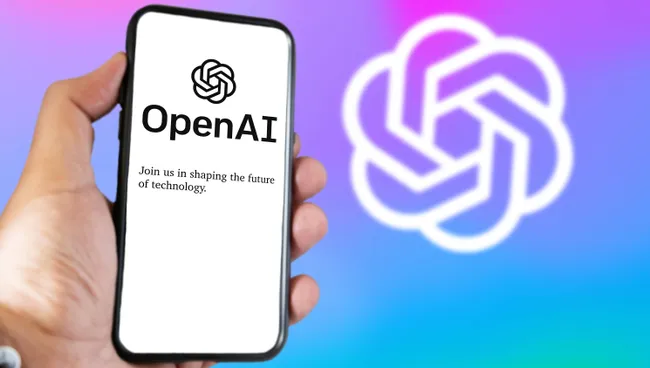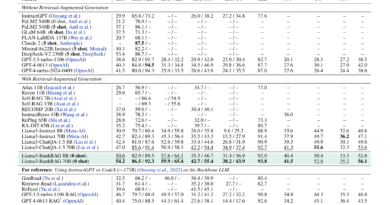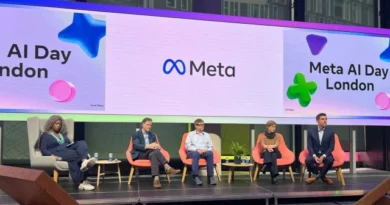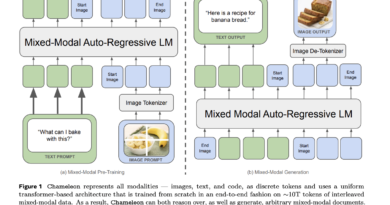OpenAI Sets Sight on Voice Assistant Market with New ‘Voice Engine’ Trademark
In a bold move that signals a potential shift in the digital voice assistant market, OpenAI, the maker of ChatGPT, has filed a trademark application for a tool named “Voice Engine.” This strategic step could position OpenAI as a tough competitor to established tech giants like Apple, Amazon, and Google, whose products, Siri, Alexa, and Google Assistant, currently dominate the market.
OpenAI’s invasion into the voice technology arena with Voice Engine suggests a focused initiative to extend its prowess in artificial intelligence into the realm of digital voice assistants. The trademark application, submitted to the U.S. Patent and Trademark Office, outlines a comprehensive suite of voice-related technologies, highlighting OpenAI’s ambitious plans to innovate beyond its current capabilities.
Expanding OpenAI’s Capabilities
This suite includes software designed for creating digital voice assistants, processing voice commands, generating audio from text prompts, and supporting multilingual speech recognition and translation. Such advancements build upon OpenAI’s existing technological base, including the text-to-speech API and the Whisper speech recognition model, marking a significant push towards offering a fully integrated virtual voice assistant for consumer use.
The introduction of the Read Aloud feature in ChatGPT, which can articulate responses in 37 languages, underscores OpenAI’s dedication to improving user interaction through voice. This feature, different from Whisper’s focus on understanding and responding to speech, combines both written and spoken communication, offering users a more holistic and hands-free experience. This development caters especially well to those who multitask or prefer auditory learning.
A World of Possibilities
Sam Altman, CEO of OpenAI, hints at “many different things” being released this year, with speculation around Sora, the AI video tool, and potentially a new AI voice system. Despite the lack of concrete details about Voice Engine or its productization, OpenAI’s trademark filing speaks volumes about its intentions. Beyond consumer applications, Voice Engine could signify an enterprise play, enabling companies to enhance efficiency in call centers with advanced speech systems.
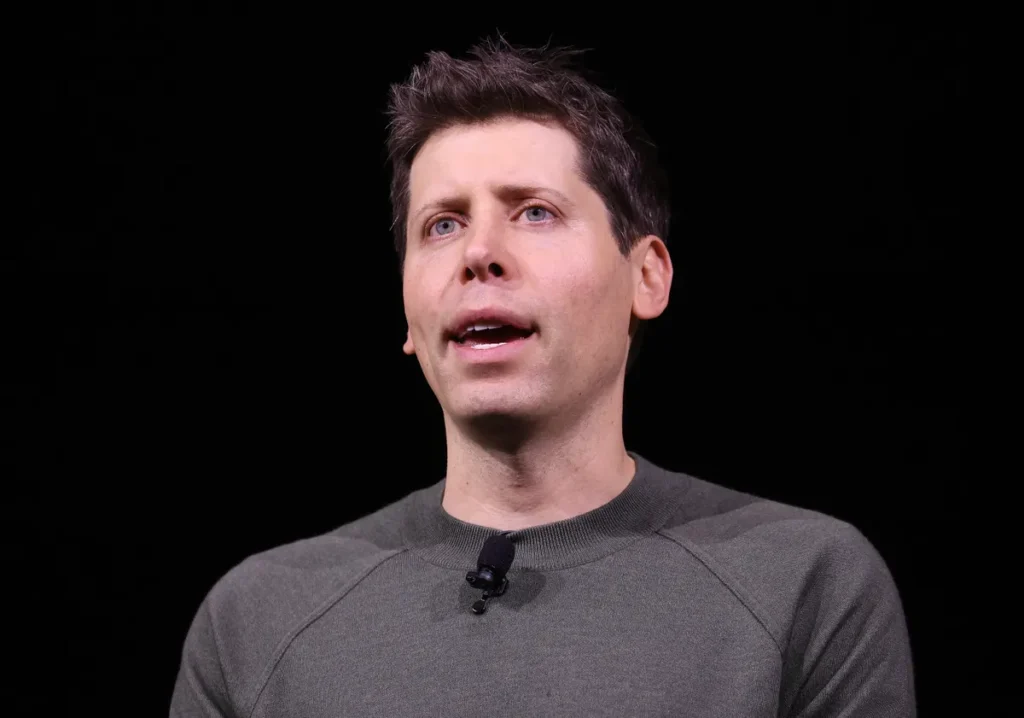
OpenAI’s move into digital voice assistants has its challenges. The company has encountered regulatory hurdles, such as the denial of the “GPT” trademark, but it continues its efforts to secure trademarks for future iterations like GPT-5, GPT-6, and GPT-7. With GPT-5’s release anticipated this summer, OpenAI remains at the forefront of AI innovation.
Explore 3600+ latest AI tools at AI Toolhouse 🚀
The venture into voice technology by filing a trademark for “Voice Engine” not only expands OpenAI’s technological ecosystem but also envisions a future where AI assistants are more integral to daily life. By prioritizing voice as a primary mode of interaction, OpenAI aims to facilitate seamless communication, bridging the gap between human intention and machine understanding.
OpenAI’s Competitive Advantage
While Apple, Amazon, and Google have dominated the voice assistant market with their respective products, Siri, Alexa, and Google Assistant, OpenAI’s entry into the space brings a fresh perspective and potential disruption. OpenAI’s expertise in natural language processing and machine learning positions them favorably to deliver an advanced voice assistant.
One advantage OpenAI holds is its commitment to ethics and safety in AI development. OpenAI has made significant strides in responsible AI practices, including the implementation of safety mitigations and the avoidance of undue concentration of power. As concerns about data privacy and algorithmic bias continue to grow, OpenAI’s principled approach could resonate well with consumers looking for an alternative voice assistant option.
Implications for the Voice Assistant Market
The introduction of OpenAI’s Voice Engine presents exciting possibilities for the voice assistant market. With OpenAI’s strong focus on artificial intelligence and machine learning, Voice Engine could potentially offer enhanced capabilities, improved natural language understanding, and more human-like interactions.
Furthermore, the ability to generate audio from text prompts opens up opportunities for content creators and businesses to leverage Voice Engine in various applications. From audiobooks and podcasts to customer service and assistive technologies, Voice Engine has the potential to reshape how voice is utilized in different industries.
While the exact release date and features of Voice Engine are yet to be revealed, OpenAI’s commitment to innovation and their track record in developing cutting-edge AI technologies suggest that the voice assistant market may experience a significant shakeup in the near future.
Conclusion
OpenAI’s filing of the trademark for Voice Engine marks a pivotal moment in the company’s journey into the voice assistant market. As OpenAI continues to expand its capabilities and push the boundaries of AI technology, its potential to challenge the dominance of established players like Apple, Amazon, and Google cannot be overlooked.
By combining their expertise in natural language processing and machine learning with a strong commitment to ethics and safety, OpenAI has the potential to offer a compelling alternative in the voice assistant space. Voice Engine’s comprehensive suite of voice-related technologies, coupled with OpenAI’s existing advancements in text-to-speech and speech recognition, positions the company as a significant player in the future of voice technology.
As we await further details about Voice Engine’s features and release, the voice assistant market eagerly anticipates OpenAI’s next move. With a focus on seamless communication and enhanced user experiences, OpenAI’s Voice Engine could pave the way for a new era of voice assistants that better understand and cater to human needs.
Do follow us on LinkedIn, and join our active AI community on Discord.
If you like our work, you will love our Newsletter 📰

